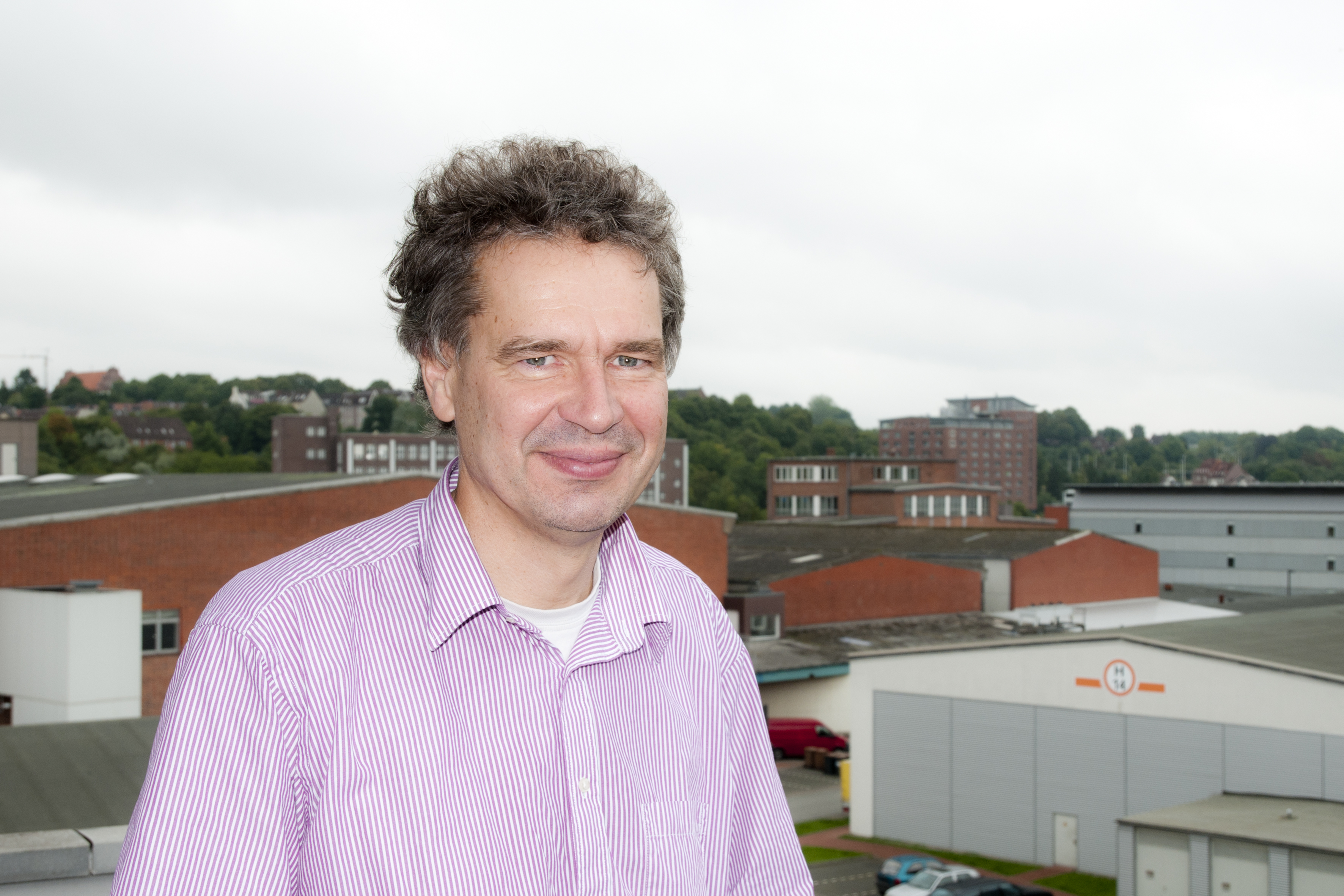|
|
|
Lecturers > Achterberg Eric
Pr. Eric Achterberg, GEOMAR, Germany
My main open ocean trace metal research interest lies in the study of trace element distribution, behaviour and speciation and the interactions with biological processes. The biogeochemistry of Fe, Al, Mn and Co in the world’s oceans has played a prominent role in my work, but is now extended to other compounds (e.g. Pb, Zn, Cd, U, Ag) due to the use of HR-ICP-MS techniques. We are involved in large interdisciplinary field studies. Some of the first dissolved Fe transects for the Atlantic Ocean were obtained, highlighting the importance of atmospheric Saharan dust inputs on surface water Fe concentrations. In recent years, biogeochemical studies involving Fe (and other elements) have been undertaken in the high latitude N Atlantic, Southern Ocean, Arctic, tropical NE and SE Atlantic and SE Pacific in order to unravel the links between biogenic trace element supply, ocean productivity and carbon export. Future plans for trace metal research will be focused on understanding the supply and distributions of trace elements and nutrients to the south Indian Ocean and south Pacific Ocean, as part of the International GEOTRACES program. In recent years, we have conducted open ocean carbonate chemistry research aimed at understanding the physical, chemical and biological forcings on the carbonate system, and feedback mechanisms of the carbonate system on oceanic ecosystem. The work was undertaken using ship-board pCO2 bioassay experiments, in addition to observational studies in shelf sea and polar environments. The development of novel sensor systems forms a key part of our research activities. We are using Lab-on-a-Chip (LOC) and optode technologies to develop novel miniaturized sensor systems for nutrients, Fe and carbonate chemistry variables (in collaboration with the NOCS Sensor group). We have successfully deployed LOC sensors for phosphate, Fe and pH, and pH and pCO2 optodes, on research cruises. These activities are key for future deployments of marine biogeochemical sensors on autonomous platforms, including gliders and other AUVs, and ARGO floats. |
| Online user: 1 | RSS Feed |

|


